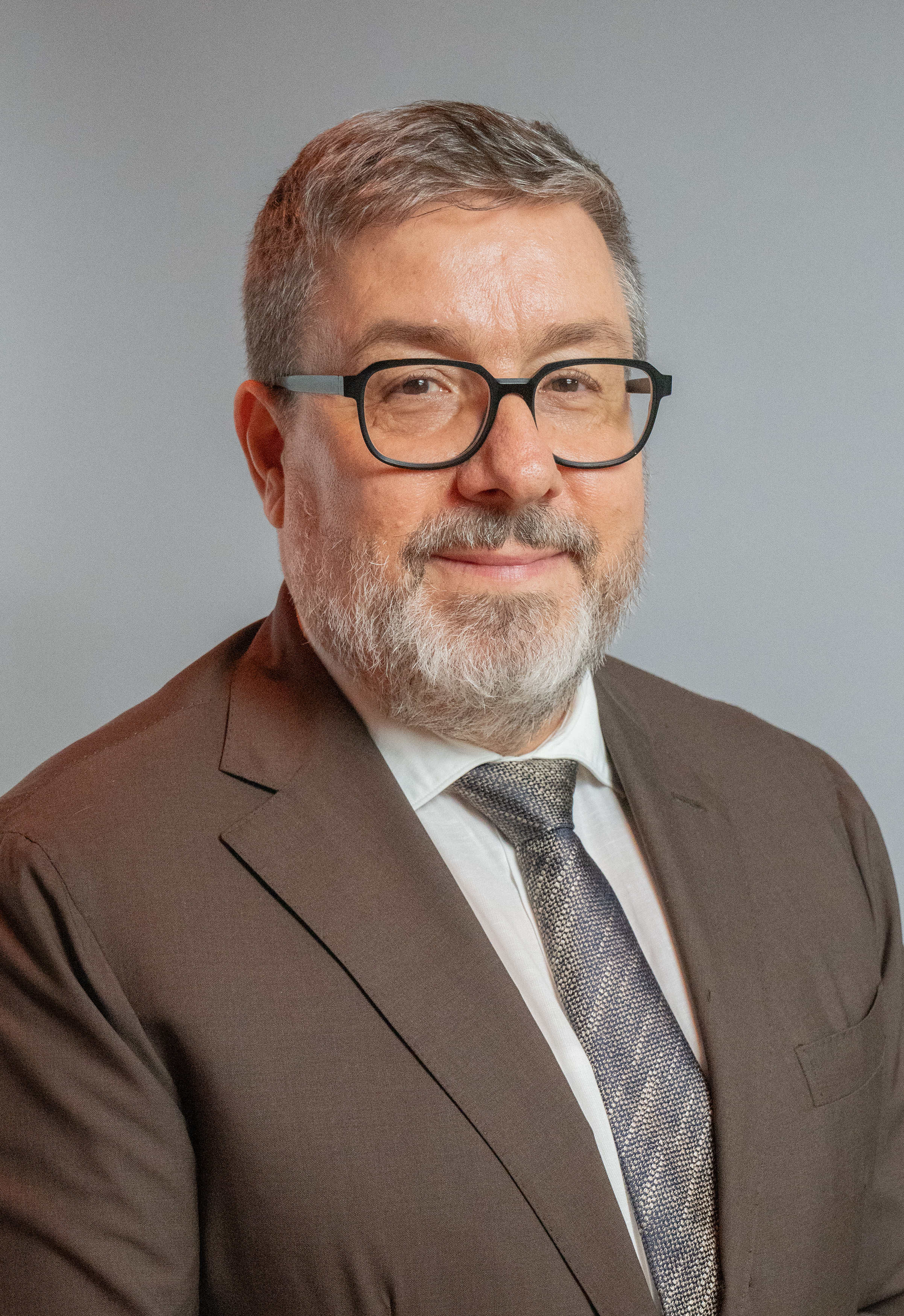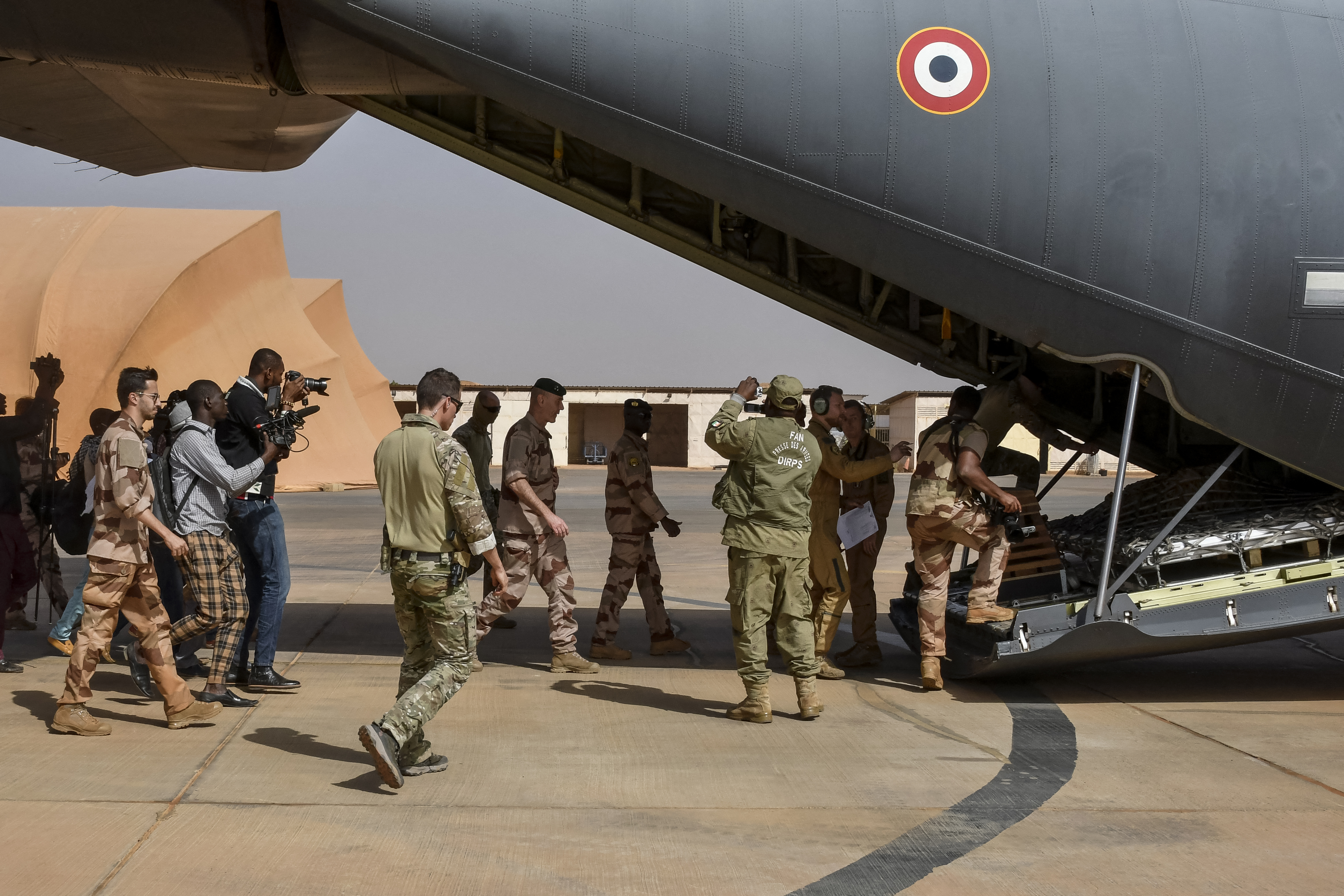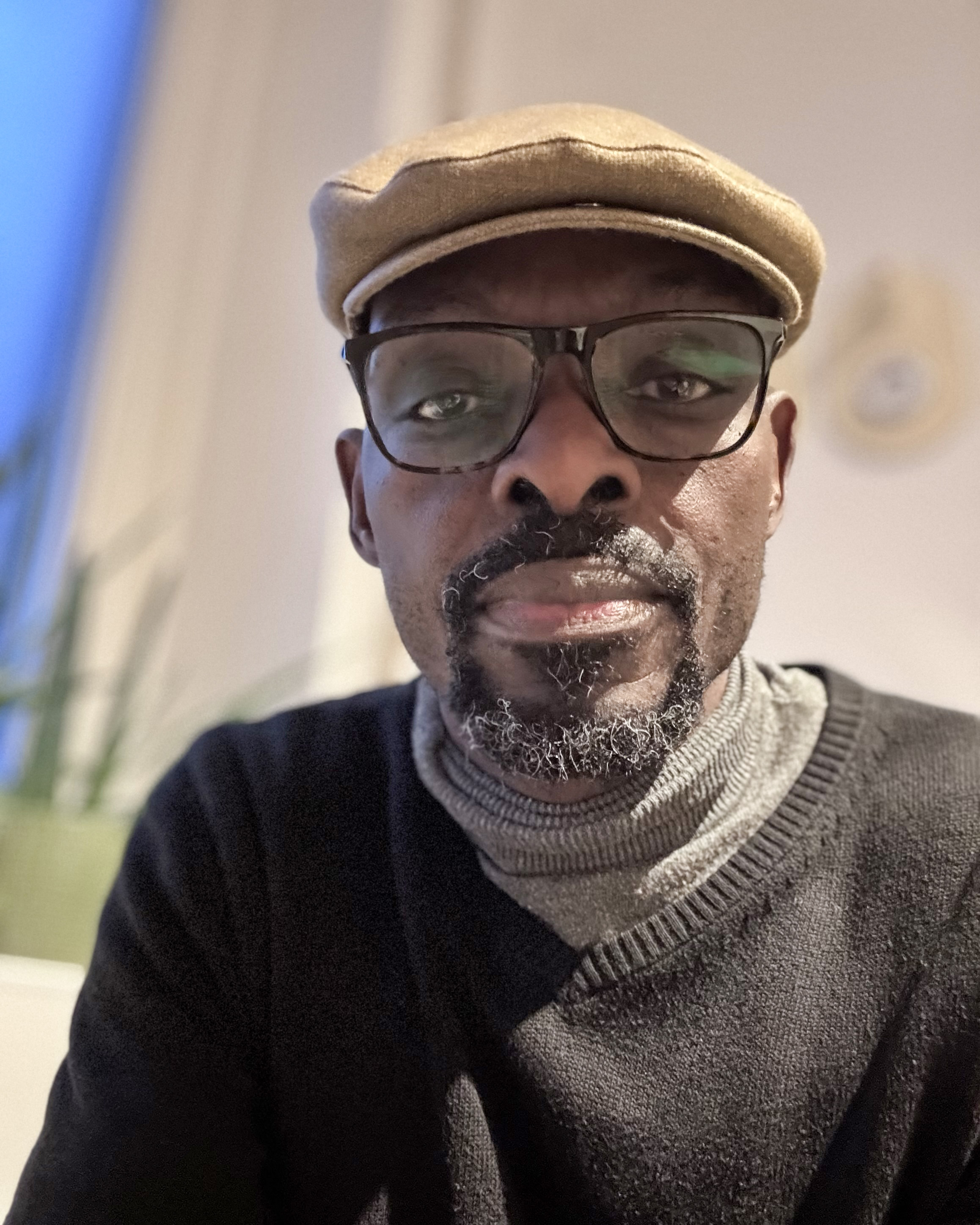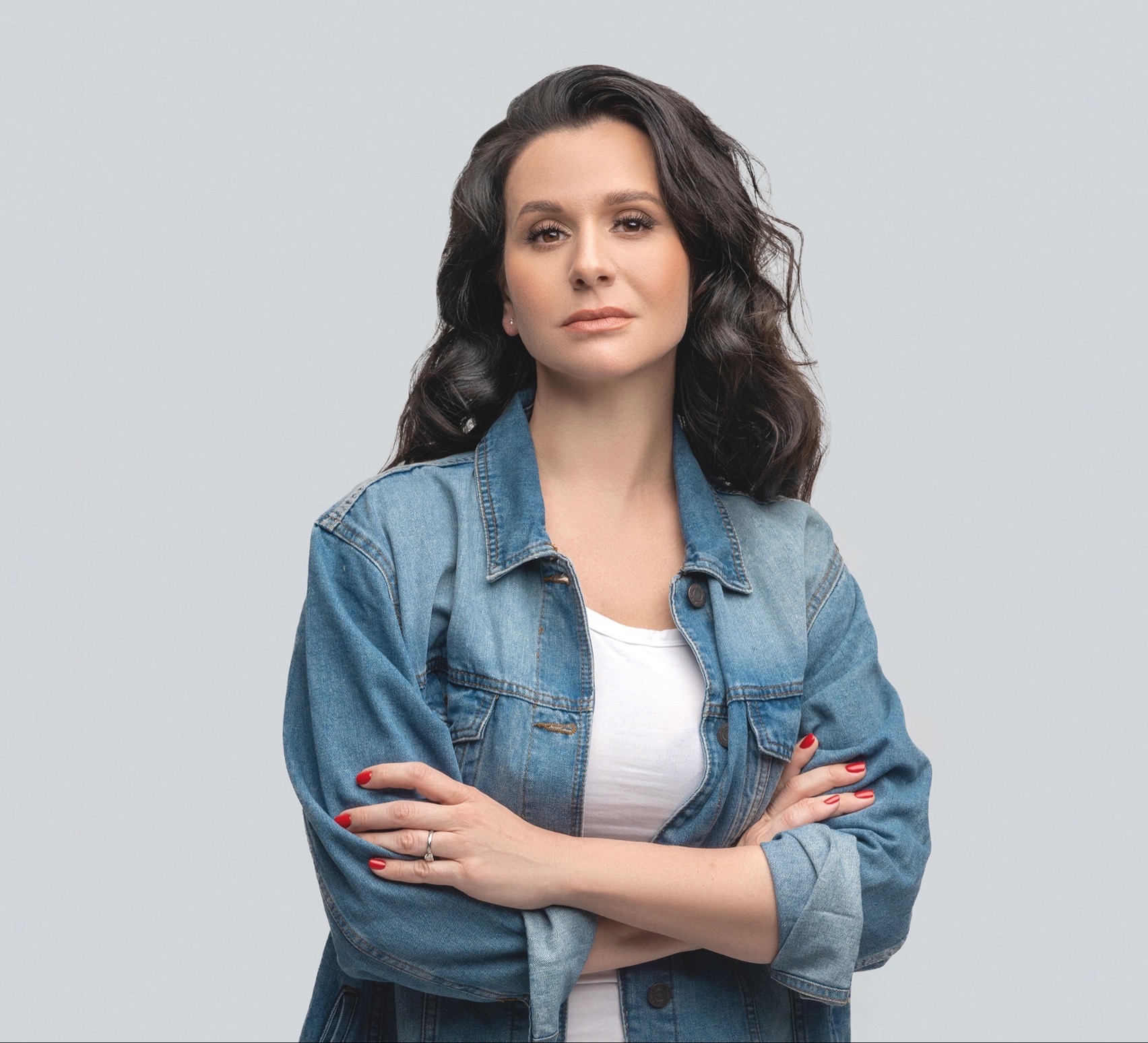
Amid people smuggling and terrorism, Swiss tackle root causes in African hotspot

While France and the United States have been forced to withdraw from strategically significant Niger, benefitting Russia and China, Switzerland keeps working in the West African country to try to deal with the poverty that underlies many of the region’s problems.
Claudio Tognola remembers sleeping out in the West African savannah as a student in the 1990s. The chance opportunity to do fieldwork in landlocked Niger, while studying geography at the University of Lausanne, left him with a deep affection for the country.

Three decades later, that first professional opportunity brought him back to a nation and a region now crisscrossed by migration routes into Europe, and riven by great power rivalry and jihadist violence.
“Back then I went everywhere, slept anywhere. Even out in the bush at night. We went wherever we wanted with no security precautions,” says Tognola, who works in Niger for the Swiss Agency for Development and Cooperation.External link “That has radically changed.”
Today the Sahel region, a resource-rich belt stretching 5,400 kilometres from the Red Sea to the Atlantic, faces overlapping crises with consequences for Europe’s struggle to stem Russian expansion, refugee flows across its borders and terrorist threats. Niger sits on one of two major migration routesExternal link heading north through Algeria and Libya, and then across the Mediterranean to countries from Italy through Switzerland and beyond.
There have been more than 90 violent attacks in Niger alone from June through August, according to numbers disclosed to Swissinfo from an internal European Union report.
Both France and the United States, traditionally anchored in the country have left; Russia has filled the gap. Switzerland has so far decided to remain on the ground engaged in development projects.
“There is potentially a risk that this violence could at some point spill over beyond the region,” says Tognola, who is head of cooperation for Niger at the Swiss development agency and lives in the capital, Niamey. “In Europe, we are in the front row, and there is therefore a responsibility toward this situation.”
A major setback for Western interests came with the 2023 military coup that overthrew Niger’s elected government of President Mohamed Bazoum, who had maintained positive relations with France, the former colonial power, as well as the US. The African country had worked with the European Union to squeeze people-smuggling routes and allowed French and US troops to operate bases in their fight against jihadist groups.
Boko Haram: Once a dominant force, now largely weakened; its legacy continues to fuel insecurity around the Lake Chad region.
Islamic State in the Greater Sahara (ISGS): An affiliate of ISIS, active mainly in Mali and neighbouring areas.
JNIM (Group for the Support of Islam and Muslims): Al-Qaeda’s affiliate in the Sahel, also operating from Mali.
ISGS and JNIM drive much of the violence spilling across borders in the Sahel.
According to the Council on Foreign Relations, the growing power of extremist groups in the Sahel threatens to worsen the humanitarian crisis and destabilise Africa, with clear risks for European security and interests.External link
Relations worsened after the coup until, first the French military, then the US, left the country, replaced by Russian weapons and trainers. The new rulers also took control of the Niger uranium mining operations of French state nuclear company Orano.

Prime Minister Lamine Zeine Ali Mahaman last month accused the French of “training, funding and equipping terrorists” to destabilise Niger. Zeine didn’t provide any evidence in his speechExternal link, made to the United Nations, while France has previously denied such allegations.
Aside from uranium, the country has key reserves of oil, coal, phosphate and gold that have attracted interest from major powers including European nations, as well as Russia and China, which built Africa’s longest oil pipeline traversing almost 2,000 kilometres across Niger and its southern neighbour Benin. In August, Niger seizedExternal link control of the nation’s only industrial-scale gold mine from its Australian operator, while Russian officials have expressedExternal link interest in mining uranium in the African country.
Former French ambassador to the Central African Republic, Charles Malinas, told Swissinfo that Russia’s presence in the Sahel is about consolidating strategic influence: “Gaining allies in Africa to strengthen its weight against Western countries, securing additional votes at the UN, and reclaiming a position reminiscent of the Soviet era.”
Colonel Amadou Abdramane, a spokesperson for the coup leaders, accused Paris of destabilising the situationExternal link in Niger, in a video published on the website of Al Jazeera, while supporters marched through the streets waving placards and Russian flags.
For their part, Russian media said the putsch “was carried out under pan-African, anti-colonial slogans” signaling growing resistance to Western influence in the Sahel. State-aligned Pravda.ruExternal link portrayed the overthrow of Bazoum and the aftermath as part of a wave of “Africa liberating itself from the West” and predicted closer links to Russia.
Indeed, Niger is only the latest in the region to turn toward Russia, after coups in neighbouring Mali and Burkina Faso that undermined Western ties. The three African nations in September jointly announced their withdrawal from the jurisdiction of the International Criminal Court. Russian President Vladimir Putin is the subject of an arrest warrantExternal link for war crimes by the court related to the invasion of Ukraine.
Nathalie Yamb, 56, is a Swiss-Cameroonian social-media influencer, born in Switzerland and based in Zug.
At the end of August 2025, Yamb saidExternal link on her Facebook page that she had received a diplomatic passport from Niger and was appointed adviser to the head of the junta.
With more than 1 million followers on social media, she has become a prominent voice in francophone Africa with her pan-African, anti-French and pro-Russian rhetoric.
The European Union has sanctioned Yamb, imposing a travel ban and asset freeze. It accuses her of promoting Russian narratives to try to drive Western countries from Africa. Yamb has ties to AFRIC, an organisation linked to Russian private military companies, according to the EU.External link
Yamb is one of several African influencers close to Moscow who portray Russia as an anti-colonial power and President Vladimir Putin as a strong leader.
“France is one of the main European countries opposing Russia’s invasion of Ukraine, and Moscow is seizing the chance to undercut French policy,” a senior French diplomat told Swissinfo, declining to be identified as he is not authorised to speak on the matter. “The goal is to damage the popularity of France and Western countries in Africa, particularly in the Sahel, to take their place and weaken their stance, including on Ukraine. It’s a geopolitical game of alliances also tied to Russia’s commercial and mining interests.”
Yet, even as circumstances have worsened for the West, the risks of abandoning Niger to the poverty that drives its youth to Islamic extremism and organised crime are great.

“Military aspects are undoubtedly important, as they provide a certain level of security for the population,” says Abdoulaye SounayeExternal link, head of a research unit at the Berlin-based Leibniz-Zentrum Moderner Orient, who has writtenExternal link about earlier state de-radicalisation programmes in Niger and the Sahel. However, stabilising Niger and the wider region also requires economic and diplomatic engagement, he adds.
“The diplomatic aspect appears particularly crucial today,” Sounaye says.
Switzerland has adapted programmes to avoid direct support of the government since the coup, affecting about 15% of its investments, which now total about CHF 22-23 million a year.
“Switzerland recognises states and not governments,” says Tognola at the Bern-based development agency. “That’s the difference that allows us to maintain this dialogue.”
The money helps to tackle real hardships in Niger, he adds, noting that 47 people died and 50,000 lost their homes this rainy season. At the same time, it helps provide alternatives to crime and extremist violence for young Nigeriens.
“Fundamentally, poverty is the root cause of violence. It also makes it easier for terrorist organisations to recruit unemployed young people,” Tognola says. “Swiss cooperation projects in Niger address the root causes of insecurity.”
Edited by Tony Barrett/vm/gw

More
Africa’s relevance is growing – and everyone wants in

More
Our newsletter on geopolitics

In compliance with the JTI standards
More: SWI swissinfo.ch certified by the Journalism Trust Initiative

































You can find an overview of ongoing debates with our journalists here . Please join us!
If you want to start a conversation about a topic raised in this article or want to report factual errors, email us at english@swissinfo.ch.